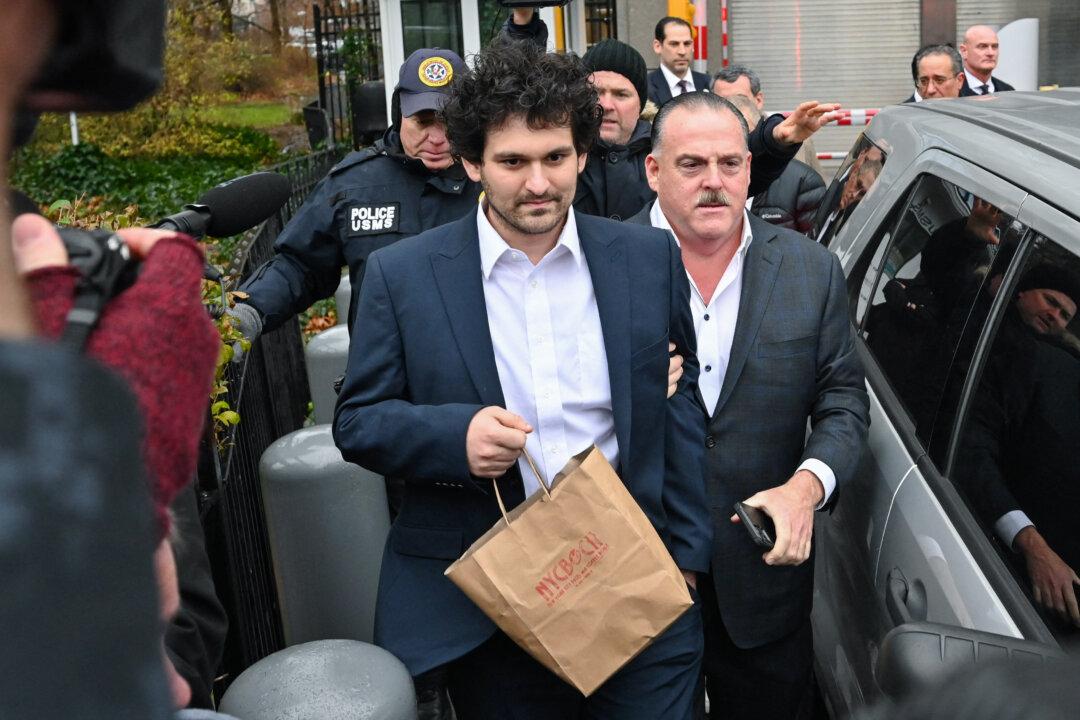A judge has approved a settlement between the Commodity Futures Trading Commission (CFTC) and FTX, the defunct crypto exchange founded by convicted fraudster Sam Bankman-Fried, that involves $12.7 billion in compensation paid by FTX to defrauded customers.
The settlement, filed on Aug. 8 at the U.S. District Court for the Southern District of New York, requires FTX to pay $8.7 billion in restitution and $4 billion in disgorgement, which will be used to compensate victims of what the CFTC described in a statement as a “massive fraudulent scheme” that was orchestrated by Bankman-Fried, his now-bankrupt FTX group of companies, and a group of FTX insiders.





